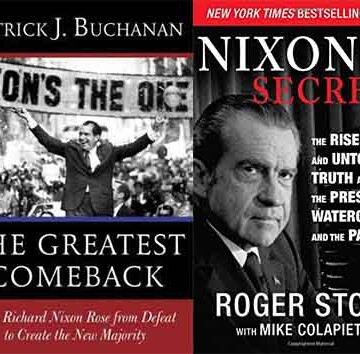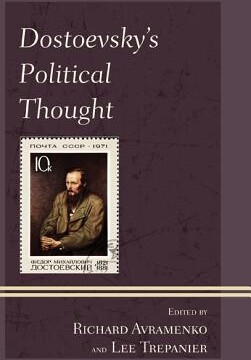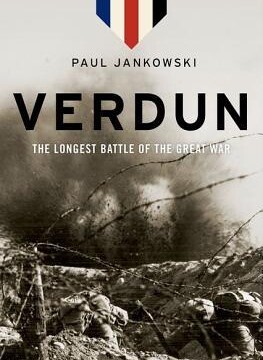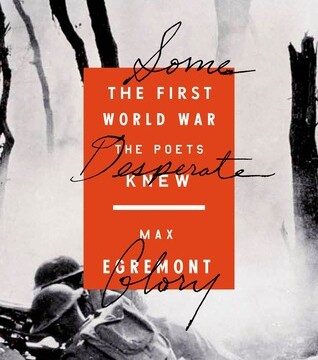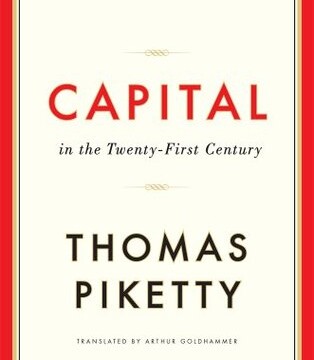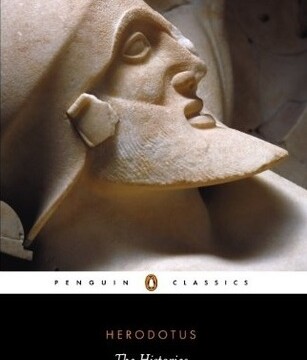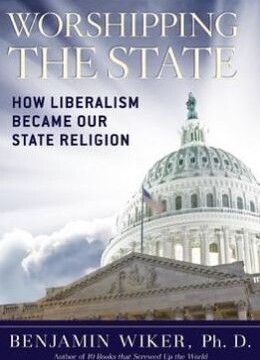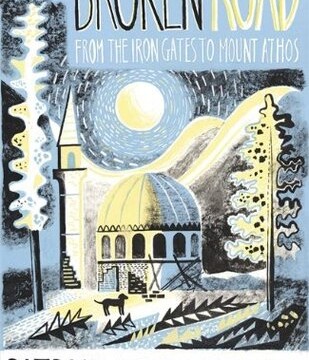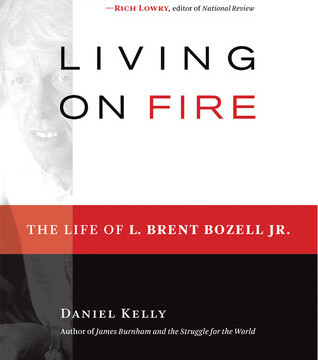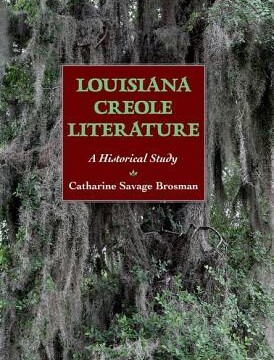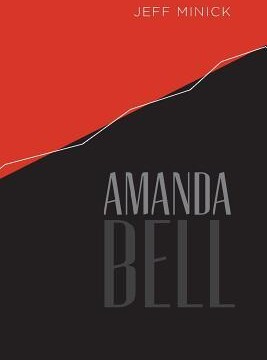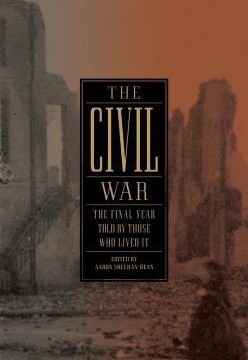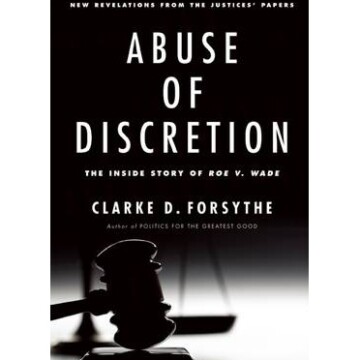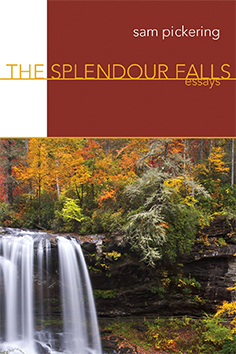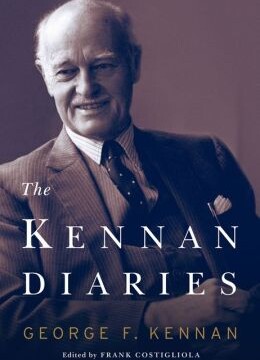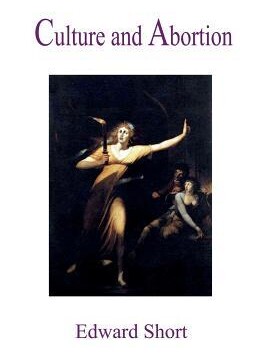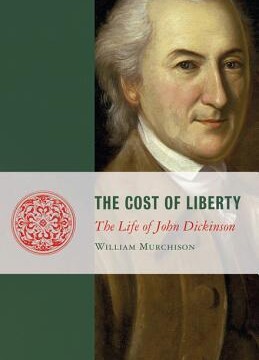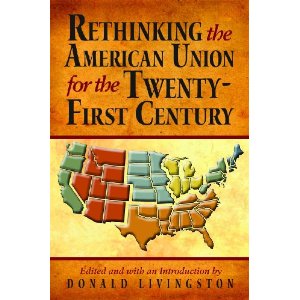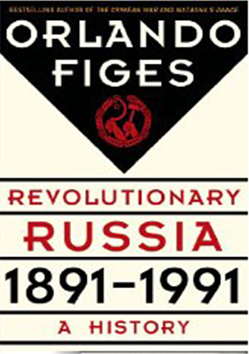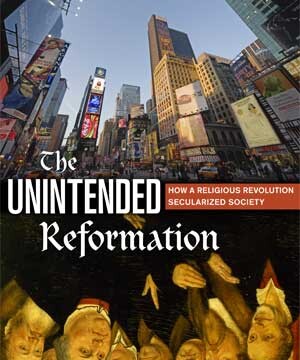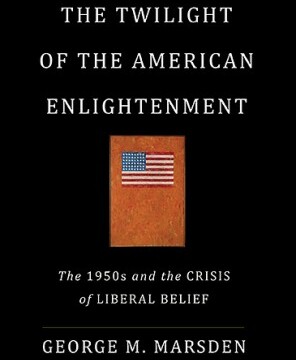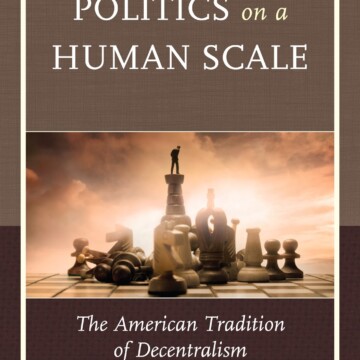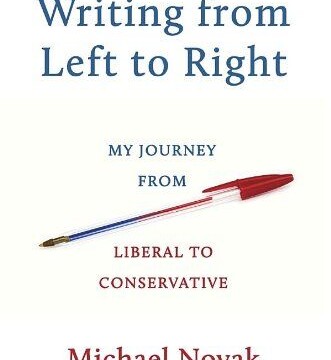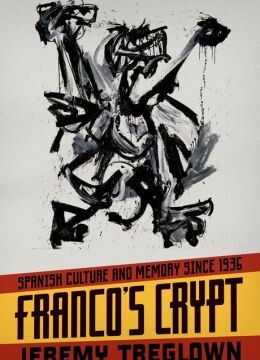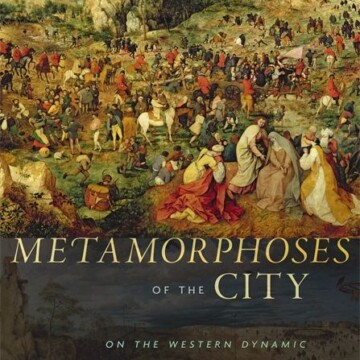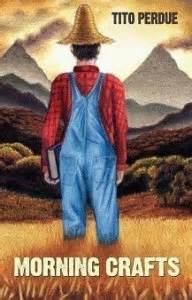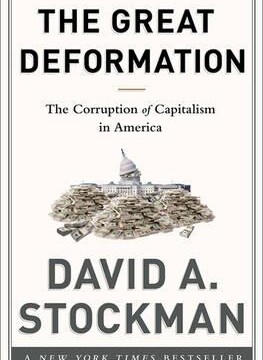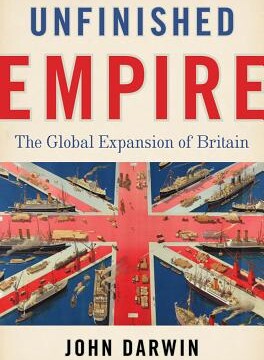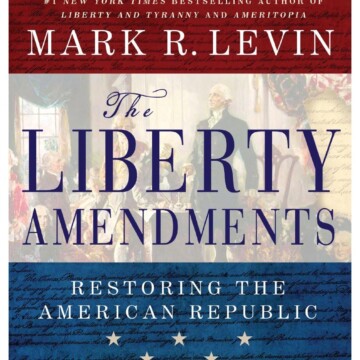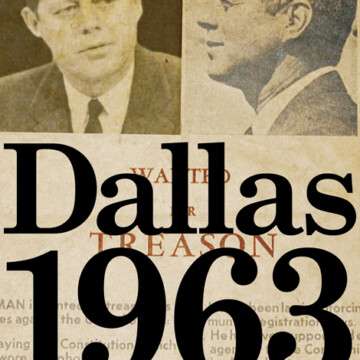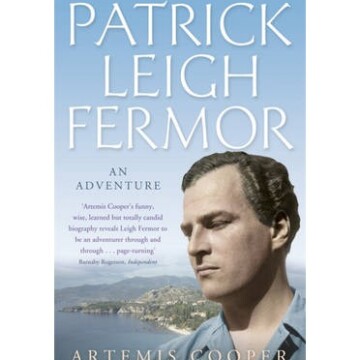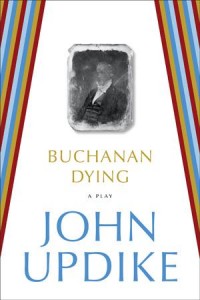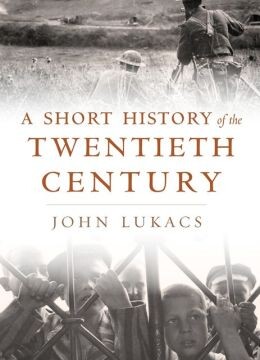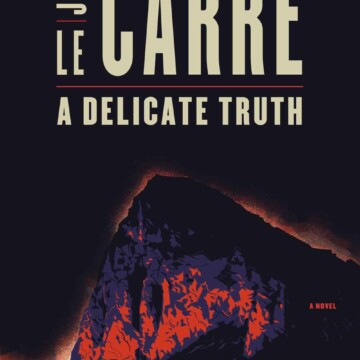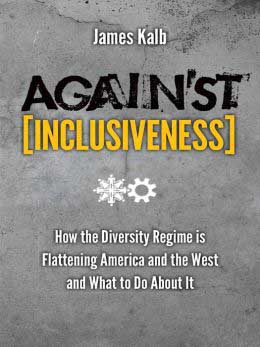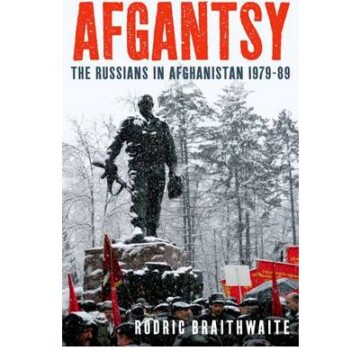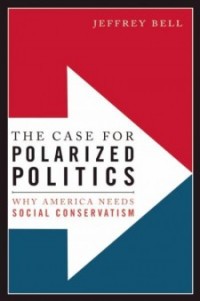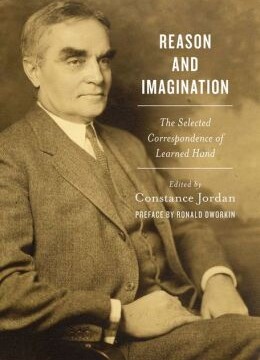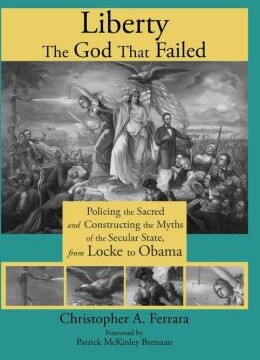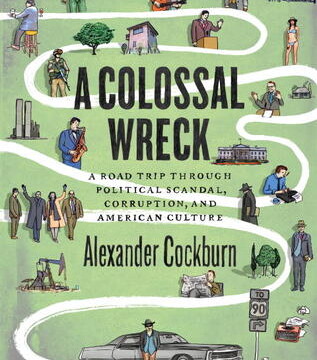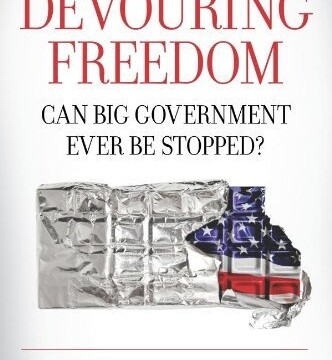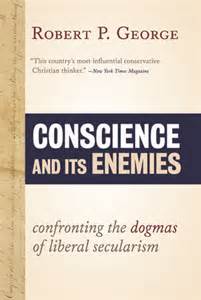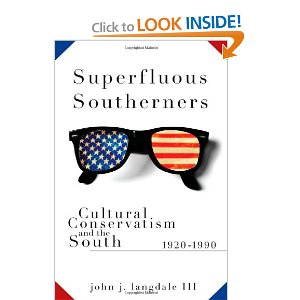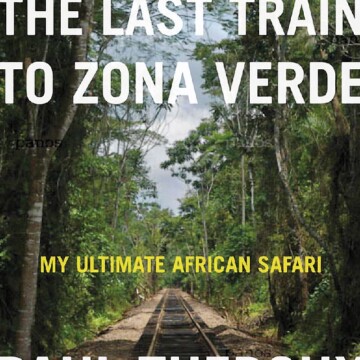In November 1972 I voted for the re-election of President Nixon. Granted, it was only an elementary-school straw poll, but I was still thrilled when he carried the student body by a three-to-one margin. On election night, the electoral map was covered in a sea of blue (in those days each party retained its appropriate...
Category: Reviews
Underground Man
Was it fair of Solzhenitsyn to call Peter the Great “a mediocre man, if not a barbarian”? I honestly don’t know. What I do know is that history didn’t begin with the Cold War, and that long before Solzhenitsyn, renowned novelist Fyodor Dostoyevsky expressed reservations of his own about the historical impact of Russia’s most...
Battle of the Journeymen
The 100th anniversary of the beginning of World War I has long been anticipated, judging by the publication of dozens of new books on what was called, until World War II, the Great War, although the Ghastly War might be more appropriate. Paul Jankowski, a professor of history at Brandeis University, has made a scholarly...
A Strange Dearth
In 1985, in the wake of the 70th anniversary of the outbreak of the Great War, a plaque went up in Westminster Abbey’s Poets’ Corner, commemorating Richard Aldington, Laurence Binyon, Edmund Blunden, Rupert Brooke, Wilfrid Gibson, Robert Graves, Julian Grenfell, Ivor Gurney, David Jones, Robert Nichols, Wilfred Owen, Herbert Read, Isaac Rosenberg, Siegfried Sassoon, Charles...
The Big Inequality
Readers who have been following the often-heated debate on Capital in the Twenty-First Century are likely to be astonished by the mildness of the author’s tone, and by his relaxed rhetorical manner. Indeed, Professor Piketty’s book owes nothing to its famous namesake beyond its title, as well as, more substantially, its grounding assumption that economics...
The Father of History
Twenty-five centuries ago, in a narrow mountain pass 80-odd miles from Athens, the armies of Iran fought a brutal battle with the armies of Europe. The Iranians were defeated (not that day, but not long thereafter), putting an end to their ambitions to extend their empire into an unwilling West. The Iranians left, bitterly lamenting...
Pedestaled Power
Post-Christian beliefs permeate the culture. A stroll across the majority of university campuses, five minutes of channel surfing, the U.S. Supreme Court’s First Amendment case law, popular behavior and that of the American elite—these are proof positive that Christianity in the 21st century bears little resemblance to the Christianity of America’s not too distant past. ...
An Interwar Odyssey
In 2011, Patrick Leigh Fermor became Patrick Leigh Former, and hundreds of thousands of devotees were doubly bereft. The first loss was the man himself, at 96 an antique in his own right, one of the last links to what feels increasingly like an antediluvian Europe, in which advanced civilization could coexist with medieval color...
A Just and Honest Man
In its almost 60 years, much has been written about National Review, especially about those present at its creation. Most attention, of course, has been given to founder William F. Buckley, Jr., but others there at the beginning, such as James Burnham and Frank Meyer, have not been neglected. Yet no one, until now, has...
Confiscating Liberty
I first came upon Stephen P. Halbrook in 1984 when the University of New Mexico Press published his first book,That Every Man Be Armed: The Evolution of a Constitutional Right. Since Halbrook had both a Ph.D. in philosophy and a law degree, my expectations were high. I was not disappointed. Moreover, by the time I...
Diversity Where It Counts
A work of genuine scholarship tells us what we did not know before and does so felicitously—it is a contribution to the world’s body of knowledge. Discouragingly, a majority of academic books that have bounced across my desk in recent years either regurgitate what was told better long ago, or are the distorted remnants of...
Unshattered
Admittedly, I approached Amanda Bell with a degree of caution. I am, to say the least, wary of fiction, especially fiction centered around a female protagonist who is on a path of self-understanding and realization. The soppy novels of an Emily Giffin or a Helen Fielding come to mind. But rest assured, Jeff Minick’s first...
Something With Pages
Some thoughtful soul, not I, would perhaps have some positive words about the present volume, and not without some justification. There is much to be said in praise of the Library of America and the quality of its volumes in various categories of presentation, and in the past I not only have acknowledged such manifest...
The Fruits of Fraud
The worst thing about the U.S. Supreme Court’s 1973 legalization of abortion in all 50 states and U.S. territories has not been the 55 million—and counting—dead babies, as horrible as that has been, but the damage it has caused to the rule of law, specifically the U.S. Constitution. In his dissent, Justice Byron White branded...
Free Spirit of Literature
Sam Pickering (born 1941) recently retired from professing English—mostly, it would appear, creative writing. Oh! “Beware! Beware! . . . Weave a circle round him thrice / . . . / For he on honey-dew hath fed / and drunk the milk of paradise.” If Coleridge had not crafted his magical lines for a figure...
How Not to Succeed in Washington
When I was younger and precociously interested in politics (I subscribed to National Review and looked forward to Firing Line every Sunday), I knew who George Kennan was. He was the brilliant author of the Containment Doctrine who had later gone soft on communism and become a liberal. If someone had told me, “No, it...
A Necessary Book
We have been enduring the cultural revolution of liberal modernity. It is hard to say exactly when that revolution began, but it took a great step forward in the 60’s, when social and religious tradition lost its last shreds of public authority, and another after the collapse of communism freed it to go wherever it...
His Land, His People
“Dickinson was, in truth,” writes William Murchison, as much philosopher as writer, a man to whom God had imparted the gifts not merely of expression but also of examination and reflection. Among the large fraternity active in the cause of independence, he gave place, intellectually, to no one. That being indisputably the case, Dickinson’s inclusion...
The Long March Through the Constitution
In the opinion of Marshall DeRosa, one of the contributors to this book, The transition from states’ rights to unitary nationalism, i.e., domestic imperialism, was the most significant development in American politics. This marks one of the worst fears of the framers coming to fruition, tyranny. That is a self-evidently correct judgment. It is also...
Black Hole Singing
There are three basic types of complexity a reader encounters in contemporary poetry. The first type arises when inexperienced poets have not yet developed sufficient intellectual and emotional depth to understand their subject matter or have not yet developed an adequate command of language. The resulting product is muddled rather than deep. The second is...
Worse Than Useless
Many a wise ancient employed allegory to elucidate meanings obscured by platitude, and so I thought, why not use the trick in this book review? The fact is, only the history of World War II is more densely populated with hacks than the history of the Russian “Revolution”—initial capital being part of that old scam—and...
Botched Efforts
Judged on their own terms and with respect to the objectives of their own leading protagonists, medieval Christendom failed, the Reformation failed, confessionalized Europe failed, and Western modernity failed, but each in different ways and with different consequences, and each in ways that continue to remain important to the present. That is the author’s tactful...
Not What It Should Be
Yeah, it was a crisis—though few who, like the author, were sentient during the 50’s understood completely what was going on around us; viz., the erosion of the liberal intellectual order we had come, with notable encouragement, to take for granted. When I say “take for granted,” I mean just that. We had prayers before...
The Most Truly Conservative Person . . .
When Margaret Thatcher died last April, the obsequies were at times almost drowned by vitriolic voices celebrating her demise. There were howls of joy from old enemies, street parties, and a puerile campaign to make the Wizard of Oz song “Ding, Dong, The Witch Is Dead!” the top-selling pop single. (It failed, narrowly.) The extravagant...
The Uses of American Government
That the republic has degenerated from a Protestant-inflected localized republic to a centralized bureaucratic imperial state is something most conservatives take for granted. The reason for such a transformation, however, sometimes becomes more assumed than proved. This compounds the difficulty of convincing liberals, and even some “conservatives,” that such a transformation has occurred. The secular...
The Person Is Always Becoming
Everyone in the Western world writes from left to right, so Michael Novak’s title is more cute than revealing. The subtitle, on the other hand, makes a claim: that he moved from at one point in his life being a liberal to an admission that, sometime before he reached his present octogenarian state, he was...
Leftist Culture, Leftist Memory
This book’s lugubrious title, Franco’s Crypt, indicates its partiality. Written in a fluid style befitting its author, who has published in the New York Times Book Review and served as editor for The Times Literary Supplement, the book draws on multiple sources, including necrology, photography, monuments, museums, art, literature, memoirs, histories, and school curricula. The...
The Poet Malgré Lui
Over 30 years ago, when I was a seminarian in Rome, one of my professors exclaimed, “John Ford is the Thomas Aquinas of the 20th century.” Fortunately, at Columbia University I had studied under Andrew Sarris, the famed “auteur” film critic, so I knew the context. In any case, Ford’s reputation as certainly one of...
Light From Elsewhere
In the beginning, the poetic birth of the city becomes visible in the Iliad in the warrior camp of the Achaeans, in what Pierre Manent calls—in one of his most striking formulations—the “republic of quarrelsome persuasion.” We are not, of course, concerned here with the city as defined by, say, urbanology or archaeology, but with...
Proper Books
Way back in prehistory—1991, or thereabouts—a promising Alabaman author started to register on readers’ radars, thanks to lambent reviews from Northern litterateurs surprised to discover that there was at least one Southron who could not only write, but write as though an amphetamined-up James Joyce was simultaneously charioteering Jonathan Swift, Flannery O’Connor, and John Kennedy...
End Game
The latest, and perhaps the best, book to be written in the wake of the Great Recession raises an important question: Why is it that America’s self-appointed elite refuses to learn from its long record of failure and futility in economic management that its ideas and policies are all wrong? The answer is provided by...
Out and About
The American Empire has been on the minds of at least some conservatives for about two decades, ever since the sudden collapse of the Soviet Empire caught us all by surprise. It isn’t that Americans haven’t argued about empire before: From the 1890’s until December 7, 1941, there was an on-again, off-again but very lively...
Impractical Solutions
Mark Levin, in his best-selling book The Liberty Amendments, is absolutely right about two things: First, the Courts, president, and Congress are not playing the roles assigned to them by the Constitution. The Court is deciding the country’s social and cultural issues; the president freely amends laws and drops Tomahawk missiles on people without going...
Take a Hand
There’s no analysis to speak of in Bill Minutaglio’s and Steven L. Davis’s account of life and events in the city—Dallas—that much of the world came to hate after the Kennedy assassination. There is instead chronological recitation: this person, that person; words, deeds, threats, accusations, pleas, apologies, gestures; an amassing and piling up of facts,...
A Certain Knack
Even at first dip, this book gives the impression of being unreadable to any but the tweediest Anglophile. There are still such people in the world, you know, and some of them have even been born in Britain. For them, hearing the names “Lady Diana Cooper” or “St. Pancras” is like a drop of lime...
Updike’s Grandfather
“Our Union rests upon public opinion, and can never be cemented by the blood of its citizens shed in civil war. If it cannot live in the affections of the people, it must one day perish.” —President James Buchanan, 1860 A poll of American historians, not long ago, chose James Buchanan as “the worst”...
France in Asia, and at Home
These books on postwar French history are meritorious and complementary. Professor Logevall’s effort is a careful military and political history of the French Indo-Chinese war, including three chapters on its aftermath. Mr. Fenby’s readable biography discusses the major events in De Gaulle’s life and supplies a good introduction to it for the uninitiated. Both books...
The End of (a) History
“There is significance in the end of things,” a young man, hinting at a wisdom beyond his years, once told me. For that reason alone, A Short History of the Twentieth Century, the latest book by John Lukacs, would be significant. For this is not just his most recent book but, as he announced in...
The Con Man
“The more identities a man has, the more they express the person they conceal.” —John le Carré, Tinker, Tailor, Soldier, Spy Fifty years ago, The Spy Who Came in From the Cold completed the most successful transformation of David Cornwell’s shape-shifting life. The son of a war profiteer and con man became John le...
Tyranny in Our Time
There is a saying among jurists that hard cases make bad law. Similarly, every book critic knows that the best books make for hard reviewing. Faced with a truly fine work, the reviewer is tempted simply to reproduce the author’s thesis in abbreviation, while scattering as many of the most quotable sentences as space allows. ...
The Past Is Always Prologue
Rodric Braithwaite is a former British ambassador to the Soviet Union and Yeltsin’s Russia and a specialist in Russian history. Utilizing his extensive personal contacts with Afghan War veterans (known as afgantsy in Russian) and his fluency in the Russian language, Braithwaite has written an account of the Soviets’ involvement in Afghanistan that is detailed,...
The Case Against Political Consensus
Jeffrey Bell is perhaps the most experienced conservative political advisor in Washington, D.C. Once a key Reagan campaign advisor, Bell later became a political candidate himself, scoring a stunning primary upset against a seated Republican senator in New Jersey only to lose in the general election to Democrat Bill Bradley. Bell, a graduate of Columbia...
An Observer of Men
This selection from around 65,000 pieces of correspondence, edited by Learned Hand’s granddaughter, a professor emerita of English at the Claremont Graduate School, could not have been better done. Both Hand’s letters and the letters of his correspondents are included; some of the most notable exchanges are with Bernard Berenson, Philip Littell, Walter Lippmann, and...
The God With Feet of Clay
Liberty: The God That Failed is Christopher Ferrara’s second 90-caliber salvo against liberalism, left and right. His first, The Church and the Libertarian: A Defense of the Catholic Church’s Teaching on Man, Economy, and State, smashed the anti-Christian dogma of Austrian economics. This 699-page tome goes further. It will send the neocons into the corner...
A Silver Pen in His Mouth
“When I began work on this biography, I intended it to be a very favourable portrait,” began a book on Graham Greene, published amid great controversy some 20 years ago. Alexander Cockburn quotes this phrase to expose Michael Shelden’s duplicity, suggesting it had all along been Shelden’s intention to do a hatchet job on Greene,...
One Big Thing
This book’s heart is in the right place, but its head needs, as they say, to wrap itself around that heart. Devouring Freedom is substantially a useful history of the spending wars between America’s two main political parties since 1932, culminating in the years since 2009 when Barack Obama became president of the United States. ...
A Highly Acceptable Man
Conscience and its Enemies is a collection of Robert George’s recent writings for a general audience. In addition to the title topic, it includes chapters on the defense of natural marriage, the protection of life from conception to natural death, the nature of moral reasoning, and the need for limited government. Overall, the pieces in...
Light of Being
Lest readers misunderstand, it must be said at the outset that these poems, selected from Psaumes de tous mes temps (1974), by Patrice de La Tour du Pin (1911-75), are not translations, even rough ones, from the Psalms of the Bible. The poet did serve as a translator for the Catholic Church when use of...
The Agrarian Burden
Recently, the Intercollegiate Studies Institute hosted a panel discussion on the “great books of conservatism,” among which was Richard Weaver’s 1948 work Ideas Have Consequences. The title, as one panelist noted, has become something of a catchphrase on the right, even as the memory of Weaver and his own influences, the Southern Agrarians, fades into...
The End of the Trail
“What am I doing here?” That was not the question that Paul Theroux expected to be asking himself not long after he returned to his beloved Africa and exclaimed that he was “happy again.” His last African journey, chronicled in Dark Star Safari (2003), was south by land from Cairo to Cape Town. This time,...
